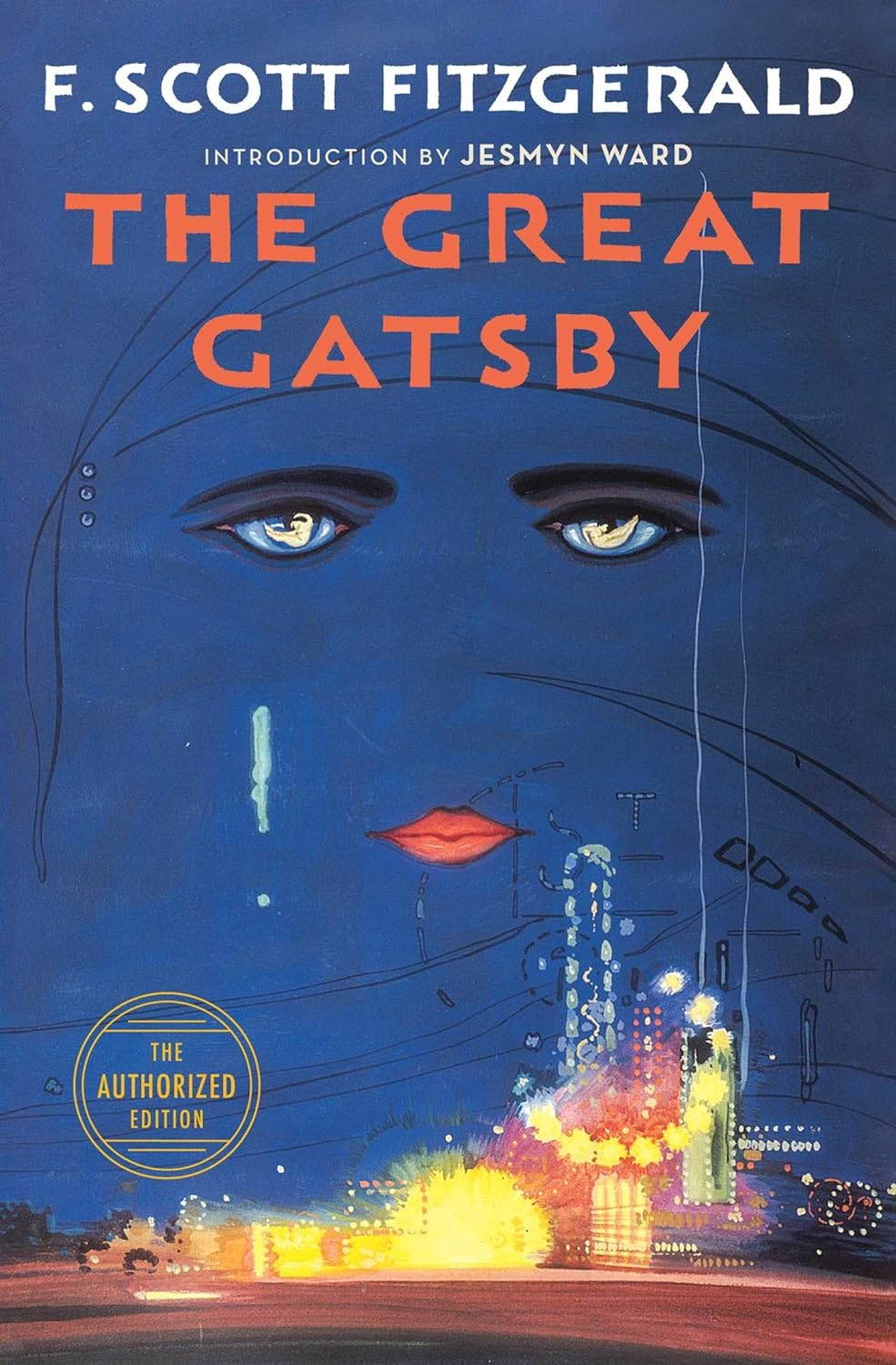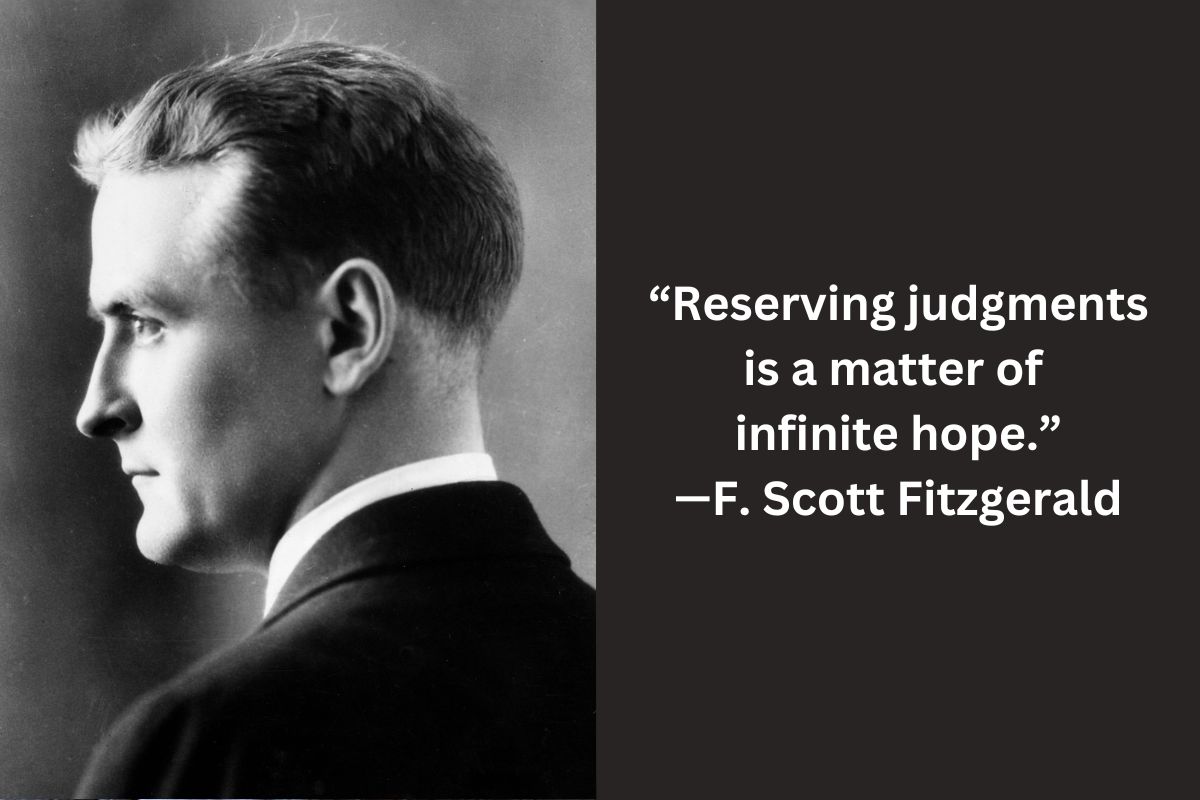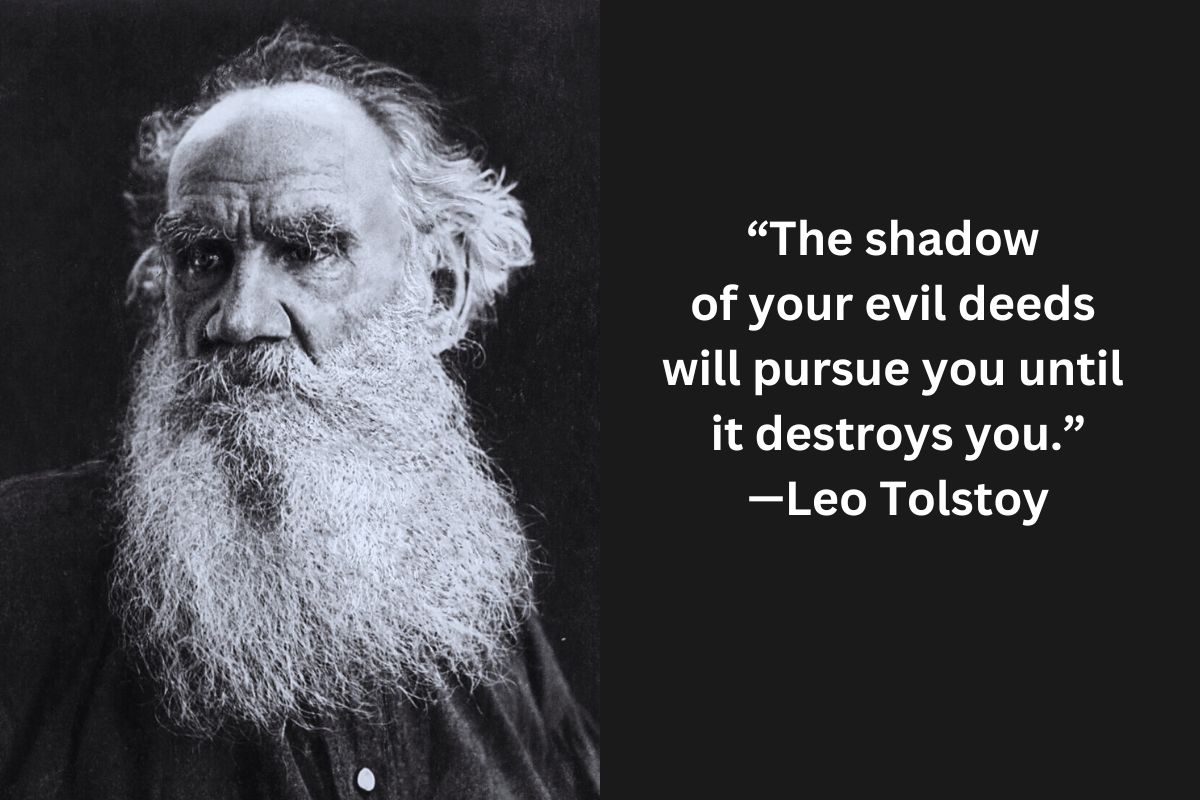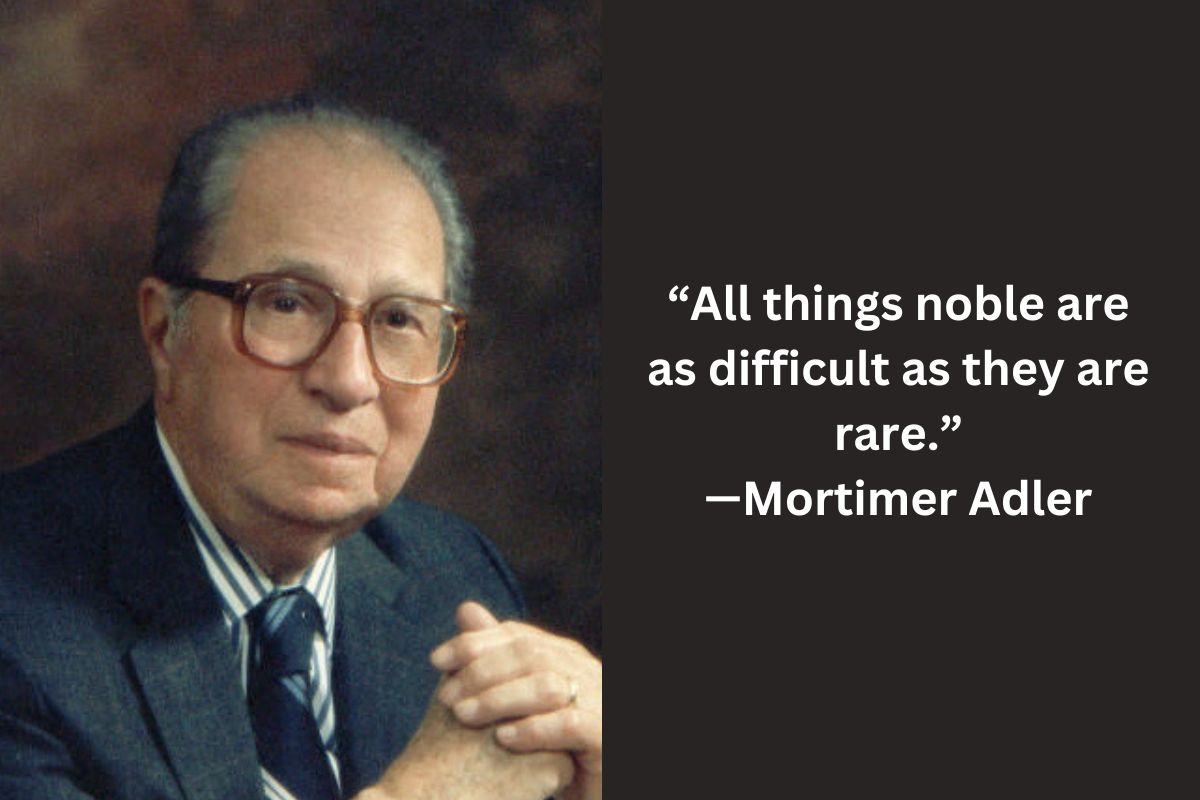 All of us live with an inner critic — that subtle voice in our heads that never stops talking. The most insidious thing about it is that often we’re not aware of it, not mindful of its tendency to be judgmental of ourselves and other people. I was recently reminded of this dysfunctional mental habit while reading The Great Gatsby by F. Scott Fitzgerald (September 24, 1896–December 21, 1940). On the first page of the novel, the main character recalls his father’s timeless advice on non-judgment — “Whenever you feel like criticizing anyone, just remember that all the people in this world haven’t had the advantages that you’ve had” — and then proceeds to reflect on its impact on his life:
All of us live with an inner critic — that subtle voice in our heads that never stops talking. The most insidious thing about it is that often we’re not aware of it, not mindful of its tendency to be judgmental of ourselves and other people. I was recently reminded of this dysfunctional mental habit while reading The Great Gatsby by F. Scott Fitzgerald (September 24, 1896–December 21, 1940). On the first page of the novel, the main character recalls his father’s timeless advice on non-judgment — “Whenever you feel like criticizing anyone, just remember that all the people in this world haven’t had the advantages that you’ve had” — and then proceeds to reflect on its impact on his life:
In consequence, I’m inclined to reserve all judgments, a habit that has opened up many curious natures to me and also made me the victim of not a few veteran bores. The abnormal mind is quick to detect and attach itself to this quality when it appears in a normal person, and so it came about that in college I was unjustly accused of being a politician, because I was privy to the secret griefs of wild, unknown men. Most of the confidences were unsought — frequently I have feigned sleep, preoccupation, or a hostile levity when I realized by some unmistakable sign that an intimate revelation was quivering on the horizon; for the intimate revelations of young men [and women], or at least the terms in which they express them, are usually plagiaristic and marred by obvious suppressions.
Then he adds:
Reserving judgments is a matter of infinite hope.
And I couldn’t agree more. Complement this sagely advice from The Great Gatsby with our articles on becoming aware of your inner critic, 100 best quotes on non-judgment, and then revisit our article on compassionate forgiveness.

I’m a freelance writer with 6 years of experience in SEO blogging and article publishing. I currently run two websites: MindfulSpot.com and OurReadingLife.com. While you’re here, get the latest updates by subscribing to my newsletter.








